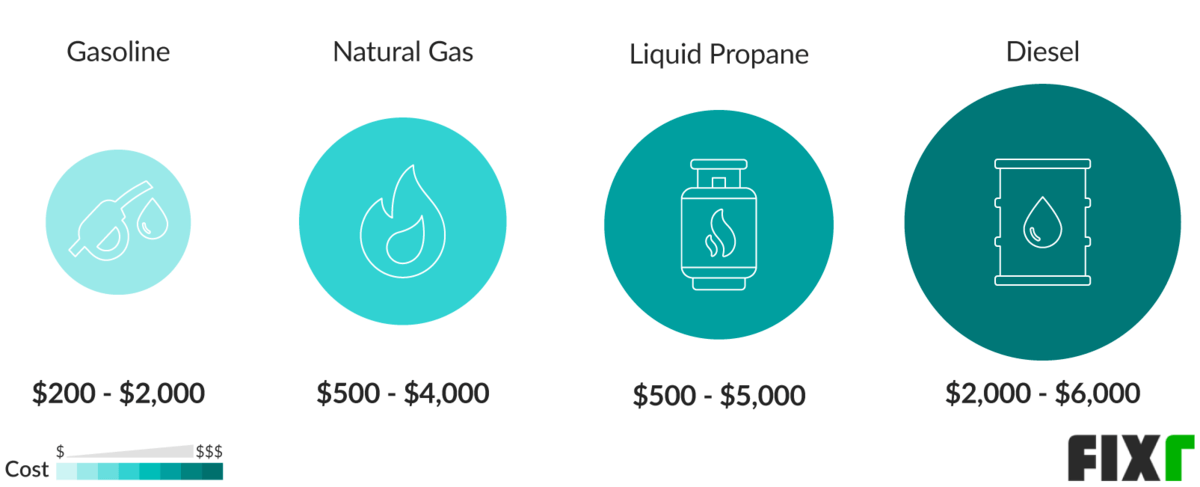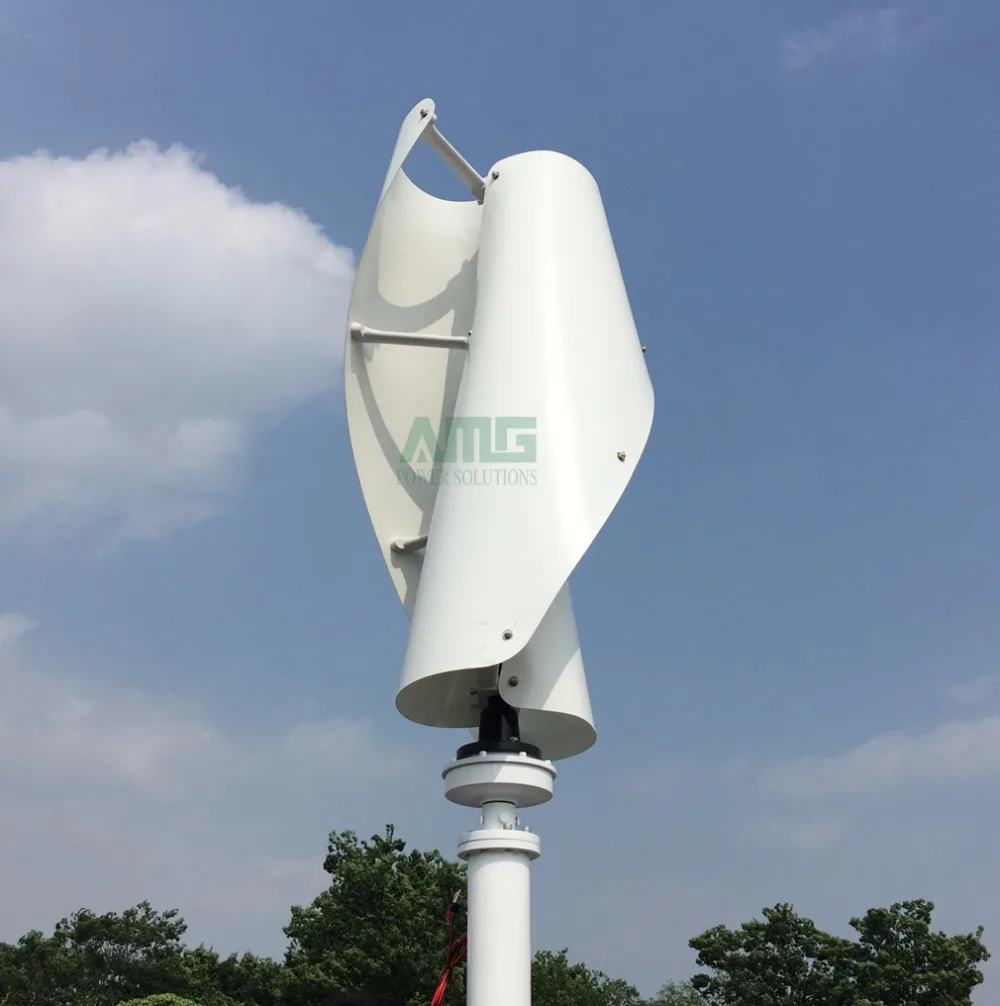How Much Does a Whole House Generator Cost to Install? 2022
Table of Content
This can increase your home’s overall curb appeal, making it more attractive to potential buyers. The financial investment of installing a full house generator can also pay off in the long run. This is especially true if you live in an area subject to frequent power outages. Generally speaking, consumers can expect the cost to install a Generac whole house generator to range from around $3,000 to over $10,000, with most installations falling between $5,000 and $7,000. The cost of the generator itself, including any applicable taxes and fees, should be added to the cost of installation to arrive at the total cost of a Generac whole house generator system.

Gasoline generators are the most cost-effective option at approximately $500 to $3,000. Gasoline-powered generators are almost all smaller, portable options. Because gas is readily available in most regions, this is a popular choice. However, it’s best to have professionals install a whole-house generator. There are several safety risks involved with installing a generator, including electrical shock, fire, and carbon monoxide exposure.
What size generator do I need to power my house?
You have various options to choose from, including whole-house, partial, standby, backup, and portable generators. These also come in various sizes and fuel types, such as gas, propane, and battery-powered. SizeThe tool’s size is one factor that determines how much it will cost. Solar-powered generators tend to be large, making installations time-consuming and burdensome too.

Portable generators are the most popular type of generator on the market, and they come in a wide range of prices. You can find small, portable generators for around $200, and they go up to around $1,500 for larger models. There are lots of different generator sizes out there to choose from. If you need just a bit of power during an overnight camping trip, the smallest type of generator will be the best choice. And if you’re just hoping to be able to keep your refrigerator cold during a brief power outage, you’d likely still be fine using a portable generator. For $2,000 to $6,000, you can find a natural gas generator that can power your whole house .
Looking for Generator Installation near you?
Liquid propane burns slower and cleaner than other types of fuel, but it is more expensive. You can purchase a less than 2000 watt hand-carry portable generator for around $300. Medium-sized generators with a cart design and around 3000 – 4000 watts can cost somewhere between $500 – $800. Larger portable generators of 5000 watts or more will cost around a thousand dollars or more. Generac generators are also popular for use as backup generators, however, as they can provide reliable and cost-effective power for essential household equipment in the event of an extended power outage.
With these generators, there is no need to install a fuel source; instead, you’ll purchase fuel from a gas station or similar as needed. The average U.S. homeowner spends about $4,822 to install a new whole-house generator. Depending on the size, assembly, brand, and fuel type, most spend between $1,460 and $8,202.
Breaking Down the Differences Between Portable and Standby Generators
In most cases, you’ll move your generator outside of your home, fill it with diesel, gas, or connect it to propane, and turn it on. In the case of solar-powered generators, you’ll simply charge your batteries at the first sign that you may need to use your generator. There are several types of generators worth considering when determining whether a whole-house generator is right for you.
Whether you have a small portable gas generator or a massive standby unit, the cautions you’ll need to take when using them are the same. Never, under any circumstances, operate a generator inside your home or garage—even with the doors and windows open. Carbon monoxide is a lethal gas that can accumulate quickly, and by the time you know something is wrong, it may be too late.
Portable vs. Standby Generators
For example, if you purchase a gasoline generator, you’ll have to budget for the gas cost and storage. Portable whole home generators can be moved on wheels, while standbys are permanently installed in one place. Prices can be as high as $10,000, but you don’t need to spend that much to get a good whole home generator. Natural gas is another fuel source commonly used in these whole home/standby generator systems, particularly for homes that are already having natural gas fuel delivered for other uses .
Read on to see our five top-rated whole house generators and find out how you can keep your house fully powered anytime for any reason. These generators are relatively inexpensive for the return on the investment they provide. They are fuel-efficient , durable and dependable, and about as close to a set it and forget it piece of emergency technology as you are going to find today. These kinds of generators are almost always installed by professionals and you’ll want to take their advice about where to best situate your generator. Usually, these pieces of technology will be closer to your home the end you thought but always far enough away to be safe.
Proper maintenance will help to ensure the generator lasts for many years. Kohler generators are typically more expensive, with higher-end models designed for permanent or semi-permanent applications for homeowners or commercial operations. Kohler generators are also typically heavier and larger, with higher continuous output ratings compared to Generac generators. It is important to note that when selecting a generator you should always choose one that is slightly larger than the one your home requires, as this will help to reduce any risk of overload. With an automatic voltage regulator, efficient alternator and smartphone app control over Wi-Fi, you never have to worry about damaging sensitive electronics with surges nor under-powering your high-voltage appliances.
Thankfully, generator technology has grown by leaps and bounds in the last few decades. Today we are able to protect our home, our property, and our quality of life with a relatively minimal investment in a whole home generator . Briggs & Stratton’s is on the larger side, and it might not be an ideal option for those who live on smaller pieces of property. Potential buyers should also note that the no longer comes with a remote oiling system.
You’ll need to factor in fuel costs, which are dependent on the type of fuel, which could be as much as $30 per day in gasoline alone. This won’t affect the purchase price but will affect the cost of purchasing and storing the fuel and the total cost of running the generator. You’ll see generators powered by gasoline, liquid propane, diesel fuel, and natural gas. Some solar-powered generators have entered the market, but they’re a bit less common. Permanently installed standby generators require dedicated fuel sources. If you don’t already have a natural gas line or propane tank, you’ll need to install one.
They also can’t produce when there’s no sun, which isn’t great for areas with higher cloud coverage. On the plus side, fuel costs nothing, and these units often pay for themselves over time if used regularly to help power the home. Not to mention, preparing the job site for the concrete pad installation requires extra labor that can turn your generator installation into a drawn-out and costly project. On average, you’ll spend about $90 to $220 daily to run a 15-to-20-kW whole-house generator. But not all fuels are alike and, depending on the brand and fuel you choose, you might find yourself spending far more than you expected in fuel costs. If you’re calculating every whole-house generator expense, there are several additional costs you’ll want to keep in mind before you sum up your total estimated price.
DIY vs. Hiring a Generator Installer
Such a machine might not be able to supply power throughout your entire home, but it can provide electricity to specific outlets. On the other hand, portable generator prices are also low, making them a cost-effective substitute for a diesel generator. A whole house generator can also be known as a standby generator, so it’s best to consider them as one tool other than two products. This tool is a stationary appliance that can be used during extended power outages across Arizona.
Comments
Post a Comment